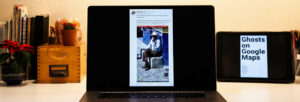
Off to the Cloud: Interview with Lorenz Widmaier
Source: Angelika Frey Have we become immortal thanks to digitization? Is there a survival in this “cultural machine”? POEM Fellow Lorenz Widmaier discussed these and

Source: Angelika Frey Have we become immortal thanks to digitization? Is there a survival in this “cultural machine”? POEM Fellow Lorenz Widmaier discussed these and
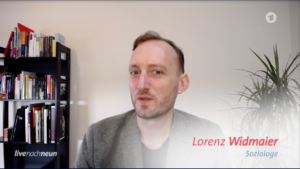
POEM Fellow Lorenz Widmaier was a guest on the ARD programme “livenachneun” in German TV and spoke about digital legacies. You can watch the full

Memory practices are changing due to digitization. Nowadays just a few people are placing obituaries in local newspapers. Instead, some relatives continue to write the deceased
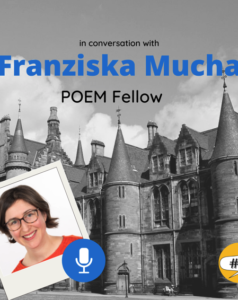
In the past few months, museums around the world have engaged in rapid response collecting to preserve the truth about how we are living through

POEM Fellow Susanne Boersma talked about repatriation of museum objects as part of a student assignment in the module “Producing Arts in Society” at the University of
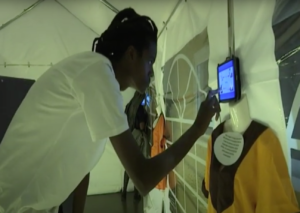
POEM Fellow Asnath Paula Kambunga was featured with her exhibition in Windhoek by the Namibian Broadcasting Corporation (NBC). The exhibition focuses on youth’s everyday experiences of

The POEM film introduces the questions and ideas central to the POEM project, which started in October 2018. The project seeks to find out what
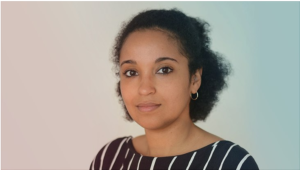
Whether positive experiences like sporting events or negative catastrophes, how do we commemorate things, as individuals or collectively? This is one of the questions at
If you want to make sure you are up to date with POEM, please sign up to our newsletter. We will keep you informed on a regular basis via email of news from the European Training Network POEM, its partners, and projects.
Please be aware of the terms & conditions concerning data protection.
Coordination and Project Management
University of Hamburg
c/o: Institute for Anthropological Studies in Culture and History
Grindelallee 46 | postbox: H8 | 20146 Hamburg | Germany
+49 (0)40 42838-9940
Concepts, strategies and media infrastructures for envisioning socially inclusive potential futures of European Societies through culture.
This project has received funding from the European Union’s Horizon 2020 research and innovation programme under the Marie Skłodowska-Curie grant agreement No. 764859.

